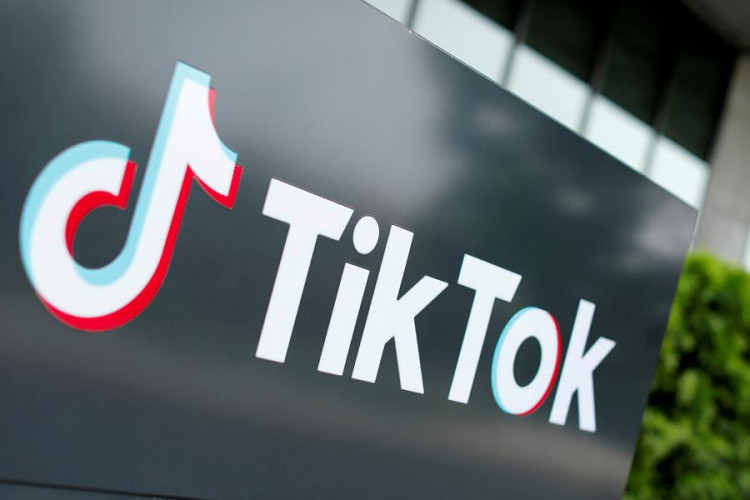TikTok, the wildly popular video-sharing app, found itself at the center of a high-stakes legal battle in Washington, D.C., on Monday, as the company argued against a looming nationwide ban that could put it out of business in the United States by January. The hearing before the U.S. Court of Appeals for the D.C. Circuit marked a critical moment in the app's fight for survival, with the three-judge panel appearing torn between national security concerns and the First Amendment rights of American users.
TikTok, owned by Chinese tech giant ByteDance, has faced increasing scrutiny from U.S. lawmakers and security officials who fear that the app's ties to China could pose a significant national security threat. At the heart of the case is the question of whether the U.S. government has the authority to ban the app, which is used by over 170 million Americans, due to concerns over potential data misuse and foreign influence.
During the hearing, the judges grappled with complex legal and constitutional questions. Judge Sri Srinivasan, the chief judge of the D.C. Circuit, raised the issue of whether the U.S. could ban a media company controlled by a foreign adversary during wartime, drawing parallels to TikTok's situation. "Congress can't bar the enemy's ownership of a major media source in the U.S.?" Srinivasan questioned, highlighting the tension between national security and free speech.
TikTok's legal team, led by attorney Andrew Pincus, argued that the app is being unfairly targeted and that the government has not met the stringent legal standards required to justify such a drastic action. Pincus emphasized that TikTok's U.S. operations and its American users are protected by the First Amendment, and any attempt to shut down the app would constitute a significant violation of those rights.
However, the judges also pointed out that TikTok's ownership by ByteDance, a company based in China, complicates the issue. The U.S. government, represented by Department of Justice lawyer Daniel Tenny, argued that TikTok's vast data collection could be weaponized by the Chinese government to compromise U.S. national security. Tenny suggested that ByteDance could manipulate TikTok's algorithm to spread pro-China propaganda or even recruit intelligence assets, a possibility that could justify the app's ban.
The legal battle comes after President Joe Biden signed a law in April giving ByteDance 90 days to divest its ownership of TikTok or face a nationwide ban. The law is set to take effect on January 19, but TikTok's lawyers are pushing for an extension as the case moves through the courts. The outcome of this case could have far-reaching implications not only for TikTok but also for other foreign-owned platforms operating in the U.S.
TikTok has maintained that it has taken significant steps to address the U.S. government's concerns, including a $2 billion investment in restructuring its U.S. operations through a project dubbed "Project Texas." This initiative, which involves partnering with Austin-based Oracle to manage U.S. user data, is designed to insulate TikTok's American operations from its Chinese parent company. Despite these efforts, U.S. officials remain unconvinced, with some expressing doubts about the effectiveness of the proposed safeguards.
The judges also questioned whether TikTok users have a First Amendment interest in the ownership of the platform, a point raised by Judge Neomi Rao. Pincus responded affirmatively, arguing that Americans should have the right to engage with foreign publishers, drawing comparisons to other foreign-owned media outlets like Al-Jazeera and Spotify.
The court's decision, expected before the January deadline, will have significant implications for TikTok's future in the U.S. If the law is upheld, TikTok will be forced to find a non-Chinese buyer or risk being banned, a move that would require Apple and Google to remove the app from their stores, effectively rendering it inoperable. Conversely, if TikTok prevails, it could set a precedent for the protection of digital speech against national security claims.
As the hearing concluded, it was clear that the judges were struggling to find a balance between protecting national security and upholding constitutional rights. The case, which has drawn significant attention from various stakeholders, including civil rights groups and former national security officials, underscores the ongoing tension between the U.S. and China and the broader debate over digital sovereignty in the age of global technology.






